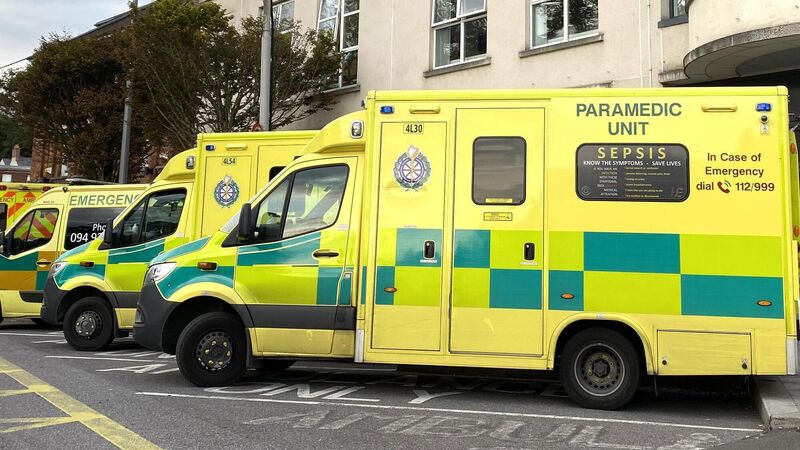Paramedics and ambulance workers overwhelmingly back strike action

The ballot relates to those working in ambulances, including road staff, paramedics, and advanced paramedics, and does not include those working in emergency 999 control centres. File picture: Larry Cummins
Paramedics and ambulance workers have voted overwhelmingly for strike action as part of a dispute over the implementation of reforms and modernisation of the service.
A ballot by Siptu members of the National Ambulance Service (NAS), counted last Friday, has returned a result of over 95% in favour of strike action, the union announced.










